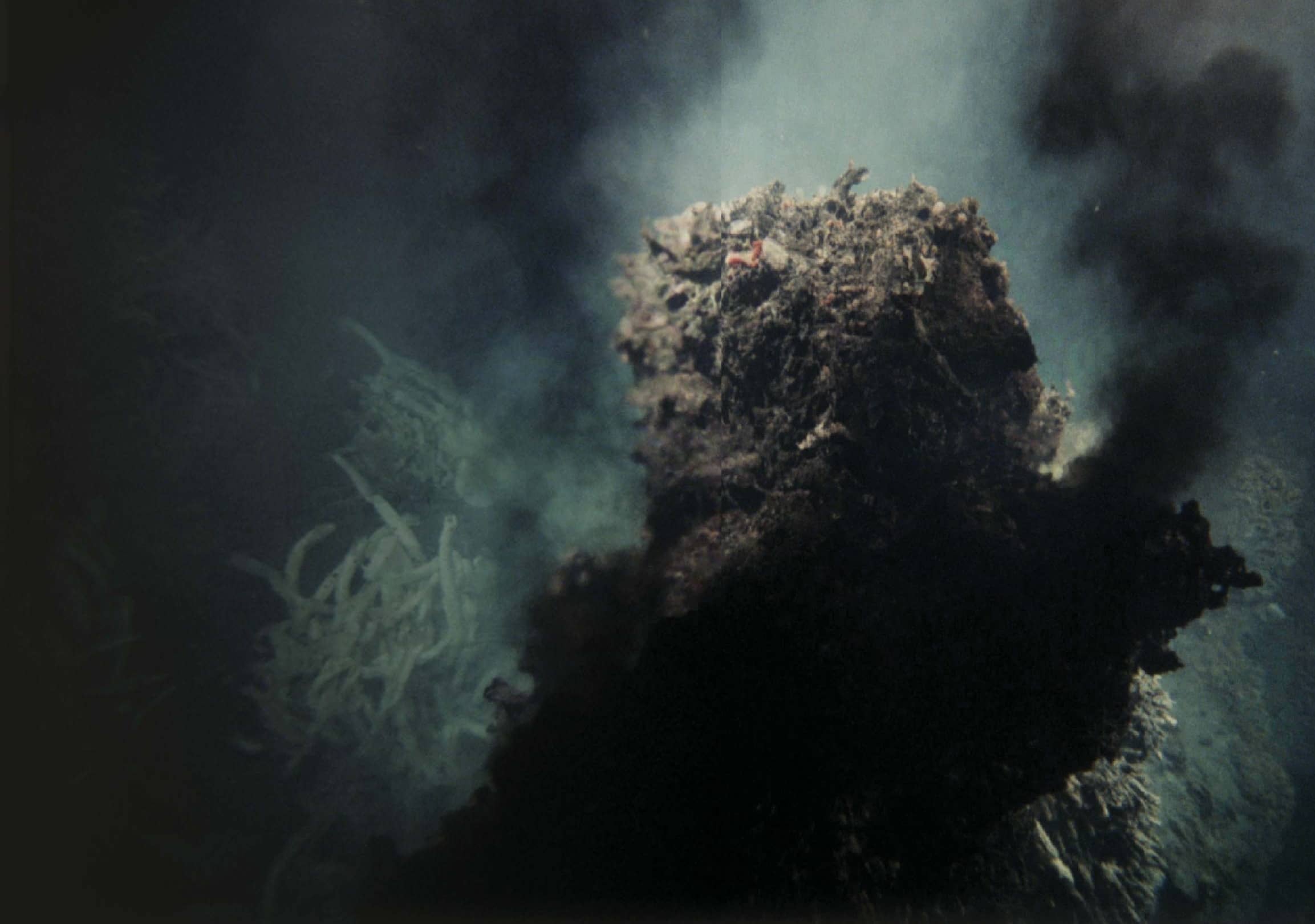
Giant, electric mining machines, thundering across the deep seabed miles under water, may seem the stuff of science fiction – like the idea of mining asteroids, or the moon – but they could soon become a reality. Plans paving the way towards the first deep-sea mines were delayed by the pandemic but are likely to move ahead in 2021. If they do, this could give the green light to a brand-new way for humans to exploit the planet’s resources.
Interest in deep-sea mining began in the late 1960s, when corporations explored the possibilities of gathering metal-rich rocks scattered across abyssal plains. Resembling lumps of coal, these nodules take millions of years to form as dissolved minerals in seawater settle onto a hard nucleus, such as a fragment of ancient shark tooth or whale ear bone. The mix of metals usually includes about one-third manganese, plus smaller amounts of cobalt, nickel and rare-earth metals. Several tonnes of nodules were brought up in the 1970s, demonstrating that the industry was technically possible. Nevertheless, following a crash in global commodity prices, the first wave of deep-sea mining didn’t take off.
This story is from the Spring 2021 edition of BBC Wildlife.
Start your 7-day Magzter GOLD free trial to access thousands of curated premium stories, and 8,500+ magazines and newspapers.
Already a subscriber ? Sign In
This story is from the Spring 2021 edition of BBC Wildlife.
Start your 7-day Magzter GOLD free trial to access thousands of curated premium stories, and 8,500+ magazines and newspapers.
Already a subscriber? Sign In

Flightless birds
Our pick of 10 curious birds that have lost the ability to fly

ALL YOU EVER NEEDED TO KNOW ABOUT THE Shoebill
THIS PREHISTORIC-LOOKING BIRD IS affectionately known by some as 'king of the marshes' as it is huge (up to 1.5m tall with a 2.4m wingspan) and resides in the freshwater marshes and swamps of East Africa.

Slime: protector, lubricant and glue
GOO, GUNGE, GUNK... WHILE THERE are many names for the stuff that makes things slippery or sticky, slime isn't a single material but a label for a variety of substances with similar physical properties. Those qualities are desirable to many living things, which is why slime is made by such a wide range of organisms.

How do parrots learn to swear?
THERE ARE FEW THINGS AS GLORIOUSLY entertaining as the effing and blinding of a potty-mouthed parrot.

Why are walruses so chubby?
AS A GENERAL RULE, TERRESTRIAL mammals are furry, while aquatic ones are fat. It doesn't work across the board: sea otters rarely leave the water but have the densest fur of any mammal.

What is the lotus effect?
WHEN YOU FIND YOURSELF WATCHING the clock on the wall of a dentist's waiting room, you can always pass a bit of time with a rummage through the bowl of fragrant botanical wonders next to the leaflets about expensive cosmetic work.

Are there any plants in Antarctica?
CONTINENTS DON'T COME ANY MORE inhospitable than Antarctica, where life must contend with the longest, darkest, coldest winters and a year-round blanket of snow and ice.

LANDLORD OF THE WILD
The humble aardvark is seldom praised for its work digging out homes for other animals

CRACK DOWN
As the new Amazon drama Poacher hits our screens, we take a look at the fight to end ivory poaching in India

Wild words
Spending time observing and writing about the natural world can be transformational